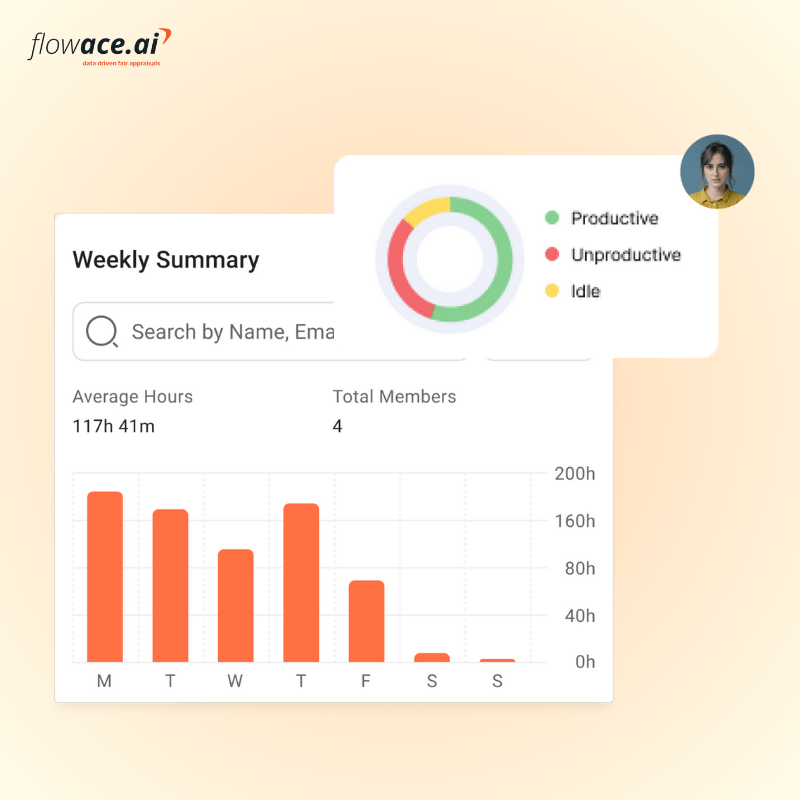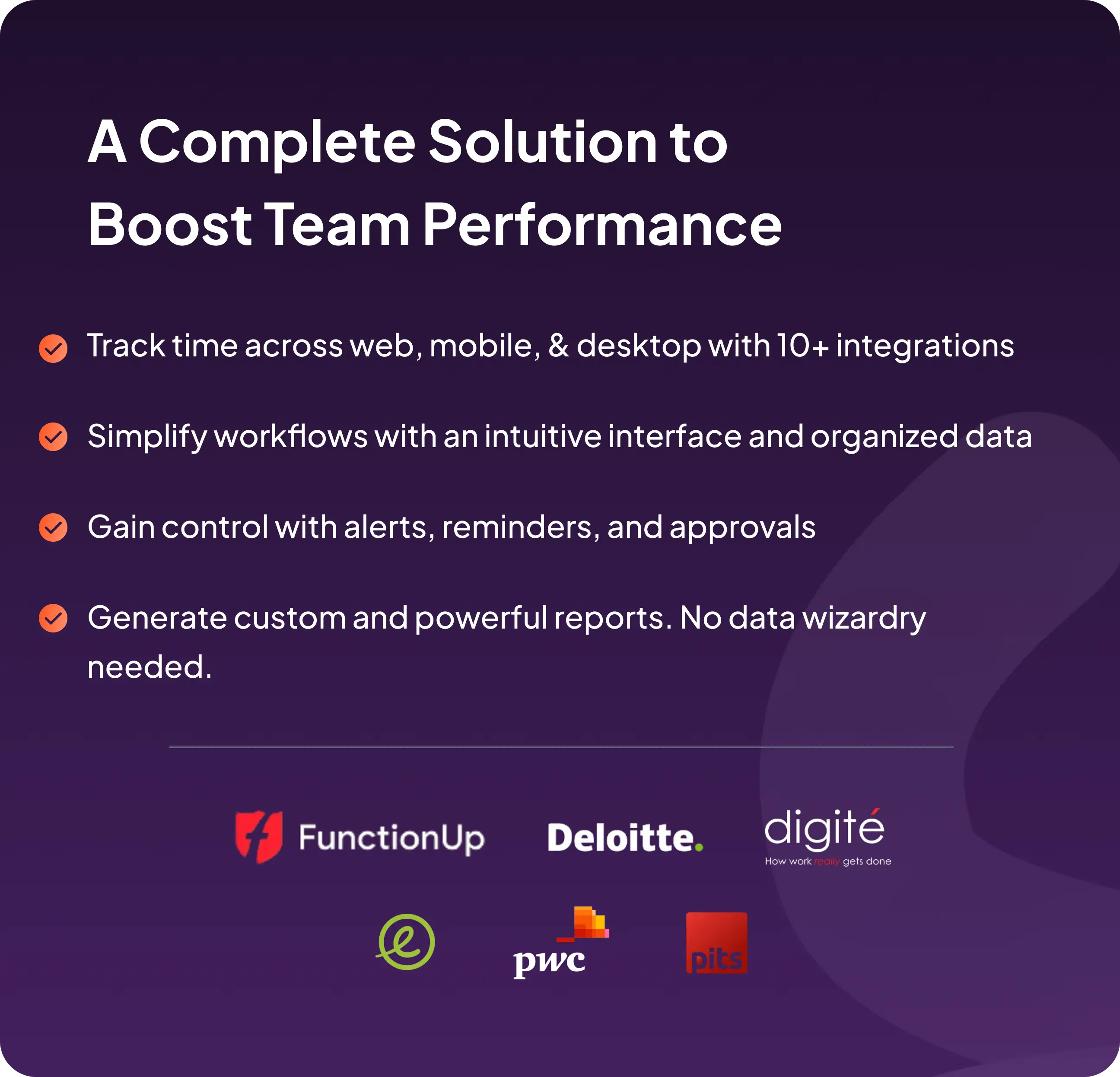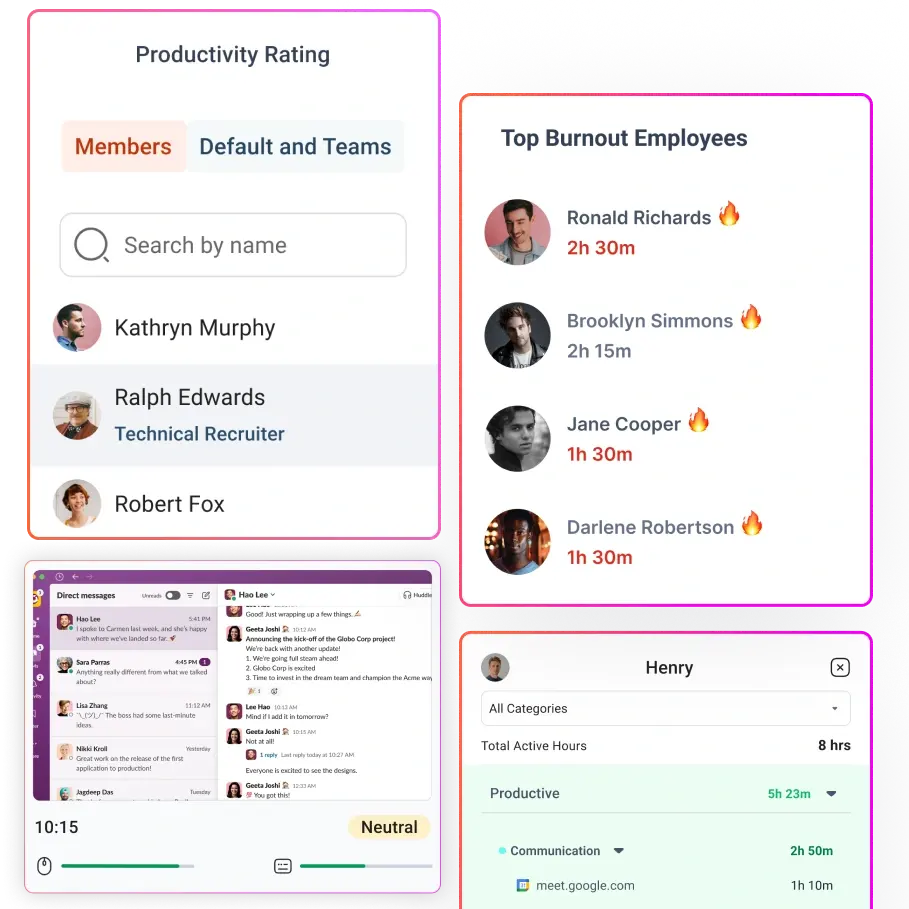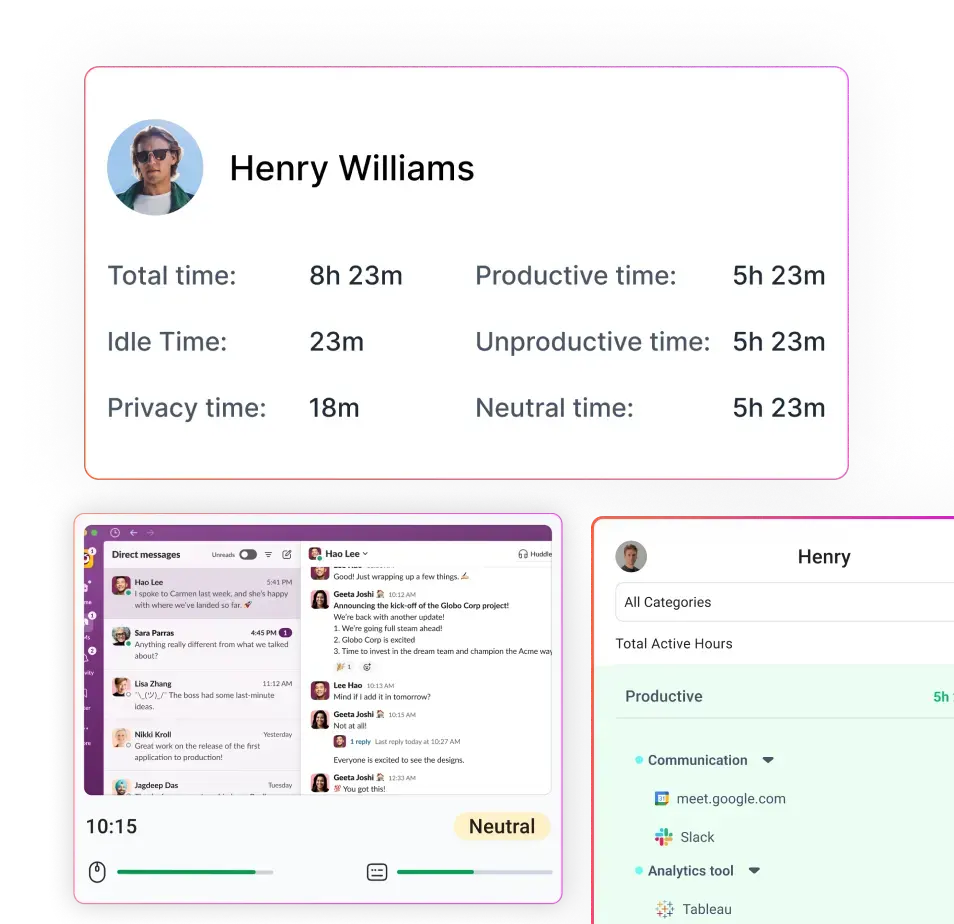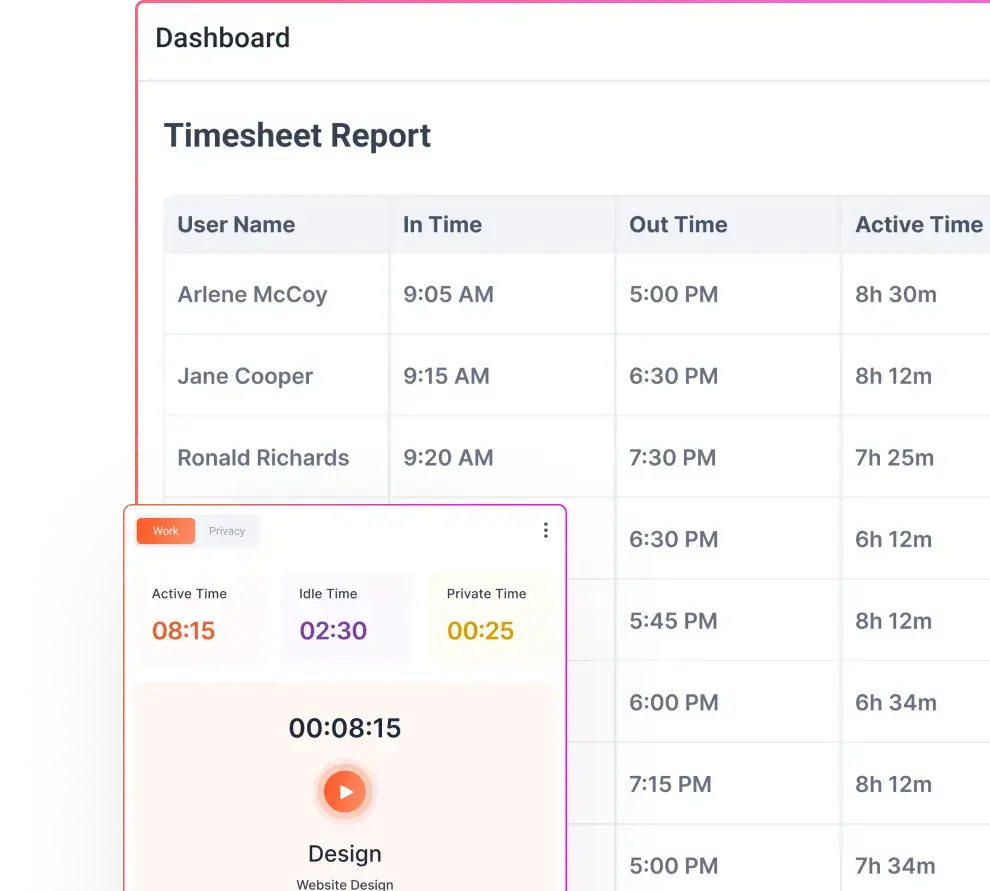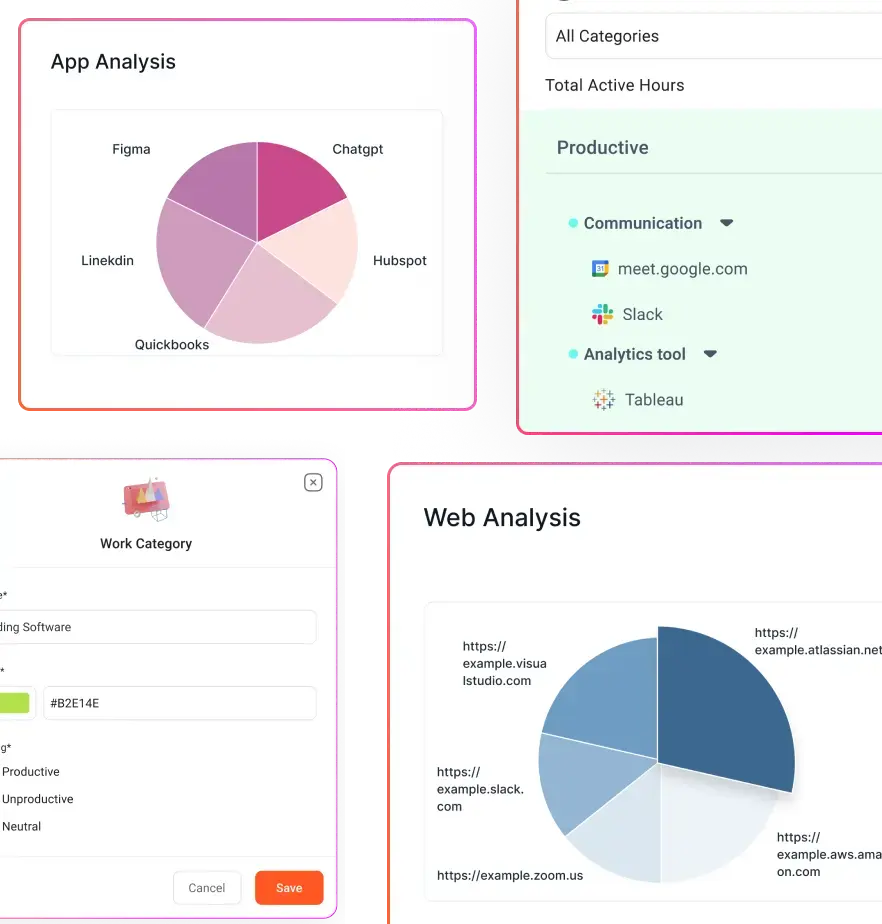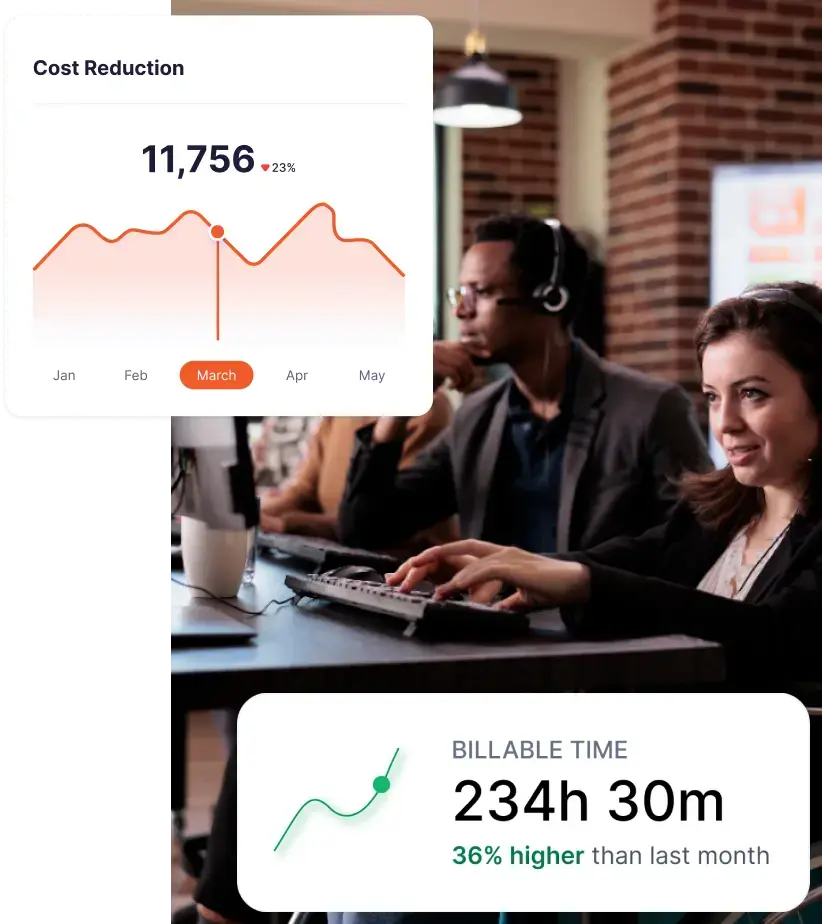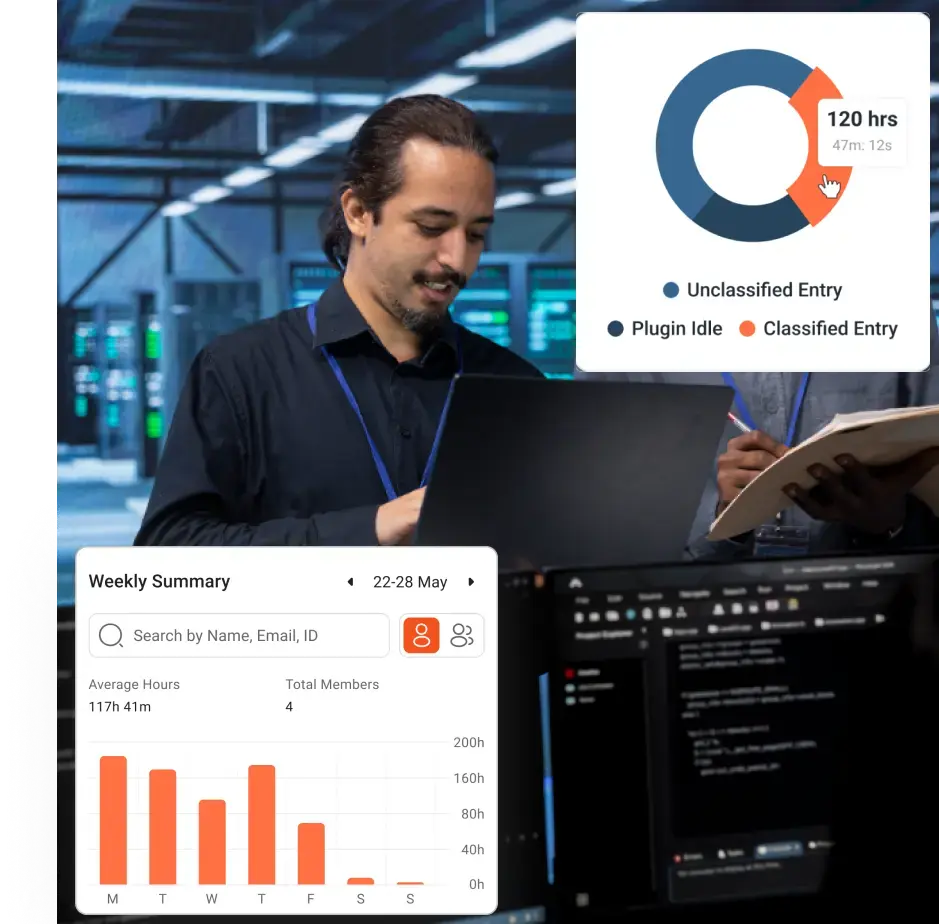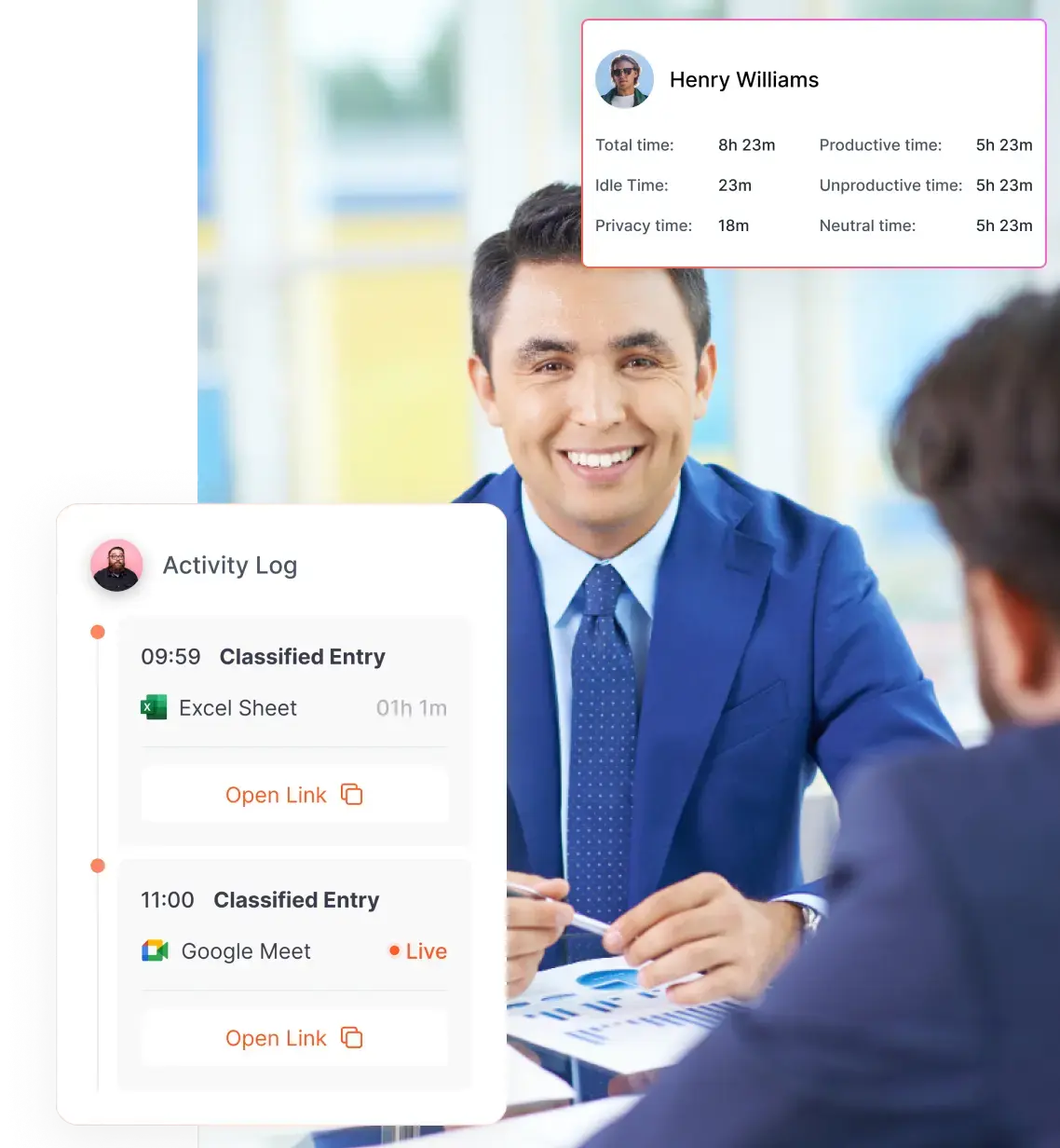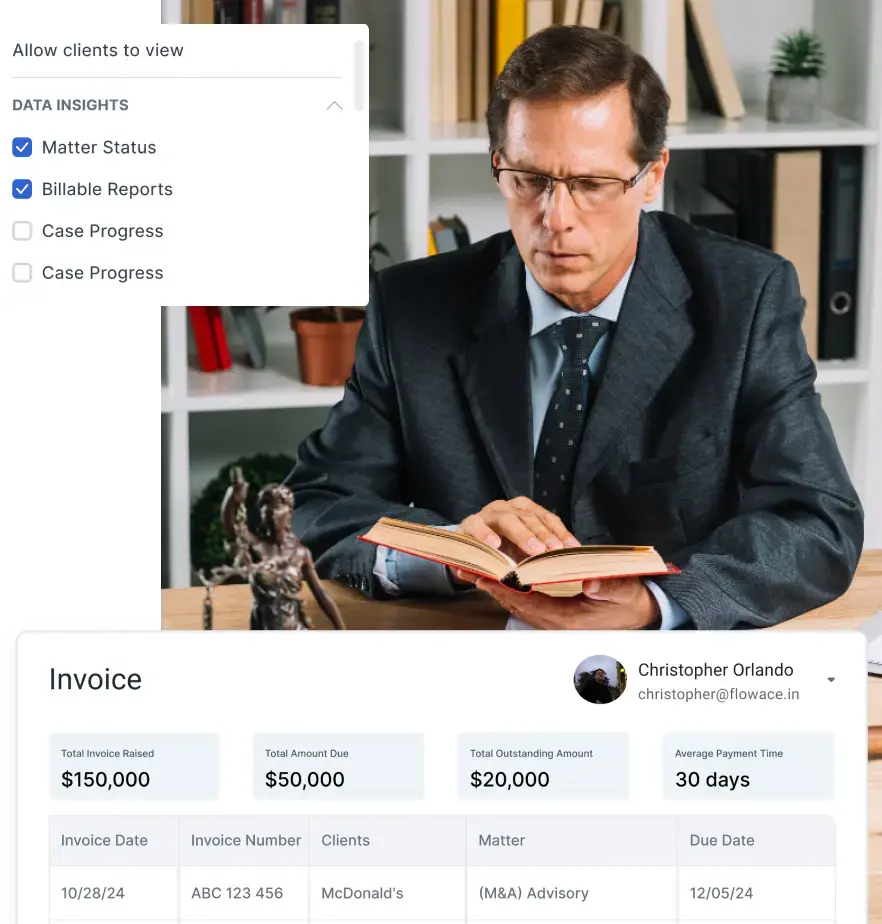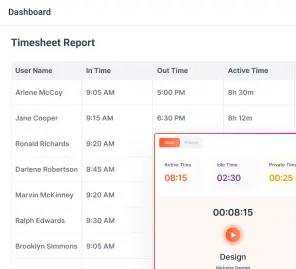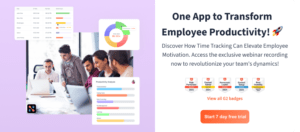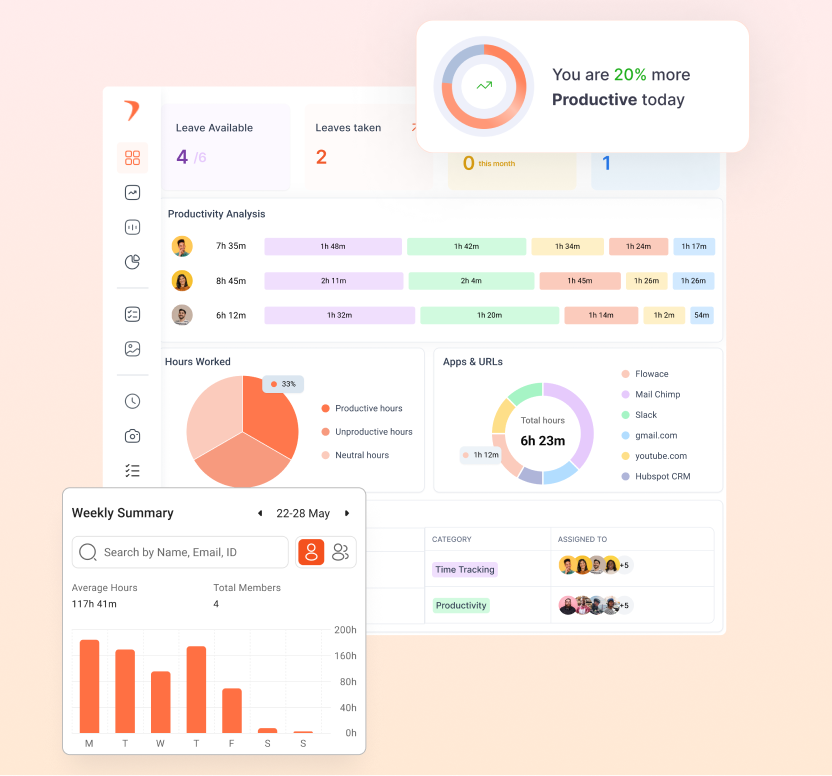How does BPO determine and weigh its metrics?
Is it just by employing appropriate call center KPIs, or is there more?
Poor call‑centre performance costs businesses an estimated US$1.6 trillion per year, largely because frustrated customers churn and switch to competitors.
Even though KPIs might vary from industry to industry, they are crucial to every business.
Call center key performance indicators (KPIs) are the compass that transforms a call centre from a cost centre into a strategic profit‑driver.
In the case of BPO call centers, the primary reason for including performance indicators is that they enable companies to strategize or plan progress accordingly and succeed.
Curious to know more? Let’s take a sneak peek at this detailed blog.
What is a Call Center KPI?

“Executives need strategic KPIs to prove the business case for good customer service operations, while operational managers need to gather more comprehensive metrics in near real-time to make the right decisions about the management of service requests of their workforce.” Forrester
A KPI in BPO is a metric that call centers use to determine if they’re meeting business goals such as efficiency and delivering exceptional customer satisfaction. Metrics and KPIs in BPO call centers can range from tracking the time agents spend on a task to the number of calls they make per hour.
Call Center KPIs are metrics for managers to measure the quality and performance of the calls and identify areas for improvement.
Mainly strengths and weaknesses, or enabling targeted coaching and training. Staff scheduling can be optimized based on these insights.
Why KPIs Matter in BPO Call Centers

Customer loyalty is fragile. Research by Accenture showed that 52 % of U.S. consumers switched providers because of poor service. In BPO environments where agents represent several client brands, losing a single major account can threaten the business.
Call centre metrics reflect both customer experience and operational health. Industry analyses show that first‑call resolution (FCR) rates above 80% improve customer satisfaction and lower repeat contacts; customer satisfaction (CSAT) scores above 80% are considered excellent; and call abandonment rates above 5% are viewed as early warning signs.
Tracking KPIs helps BPOs:
- Reduce churn and increase lifetime value by identifying service gaps before customers leave.
- Optimise resources by balancing handle time with quality and staffing levels.
- Justify pricing and SLAs by demonstrating measurable value to clients.
- Prevent burnout by spotting high agent turnover (industry average 30–45%) and improving work‑life balance.
Effective KPIs in BPO Call Center for Managers
This sections break KPIs into four categories – customer experience, operational efficiency, agent performance and financial – and provide formulas, benchmarks, business impact and actionable tips to improve your BPO performance.
Customer Experience KPIs

1. Customer Satisfaction Score (CSAT)
Happy customers are loyal customers. Track CSAT through surveys or feedback forms to gauge their overall satisfaction. CSAT measures how satisfied customers are with the service they receive. Respondents rate their experience on a scale (typically 1–5 or 1–10).
Here’s the formula for calculating Customer Satisfaction Score (CSAT):
CSAT = (Number of satisfied responses ÷ Total responses) × 100
High CSAT predicts retention and positive word‑of‑mouth. A CSAT above 80 % is considered excellent; scores 85 %+ are world‑class. Telecommunications call centers have an average score of 63–78 %
Improvement strategies:
-
Provide agents with clear product information and authority to resolve issues on the first call.
-
Use post‑call surveys and sentiment analysis to identify coaching opportunities.
-
Leverage tools like Flowace’s auto‑attendance and productivity dashboards to ensure the right people are available when needed.
2. Net Promoter Score (NPS)
This metric measures customer loyalty based on their likelihood to recommend your brand. A high NPS score indicates happy customers spreading the word! NPS evaluates customer loyalty and advocacy, providing insights into brand perception and customer retention strategies.
An NPS over 30 is considered strong, while scores above 70 indicate exceptional loyalty and positive word‑of‑mouth. A higher NPS correlates with lower churn and greater share‑of‑wallet. In BPO environments, NPS is often linked to contract renewals and upsell opportunities.
With the help of NPS tools, you can easily track and monitor your NPS score over time, allowing you to identify trends and make data-driven decisions to improve customer satisfaction.
Here’s the formula for calculating Net Promoter Score (NPS):
(% Promoters – % Detractors)
Improvement strategies:
-
Map customer journeys to identify friction points.
-
Empower agents to offer personalized solutions. A human touch still matters and studies prove that 83 % of consumers still prefer to speak to real people.
-
Encourage detractors to leave feedback and address issues promptly.
3. Customer Effort Score (CES)
CES measures how easy it is for customers to resolve their issue. It uses statements like “The company made it easy for me to handle my issue,” rated on a scale. High effort leads to lower loyalty. Reducing friction in IVR menus, self‑service portals and hand‑offs improves satisfaction.
Improvement strategies:
-
Streamline call routing to direct customers to the correct agent.
-
Use real‑time knowledge bases to reduce agent searching.
-
Monitor CES alongside FCR to ensure that first‑call solutions are also easy.
4. First Call Resolution (FCR)
Did resolving the issue in one shot make the customer happy? Track this to see if FCR translates to actual satisfaction. First-call resolution satisfaction assesses the effectiveness of resolving customer issues during the initial interaction, correlating with overall customer satisfaction and loyalty. It counts all channels (phone, chat, email).
Here’s the formula for calculating First Call Resolution Satisfaction:
(Number of satisfied responses for 1st contact resolution / Total responses for 1st contact resolution) * 100%
Each additional contact consumes resources and frustrates customers. Higher FCR reduces repeat calls, lowers average handle time and boosts CSAT. Low FCR may also signal inadequate training or insufficient authority.
Improvement strategies:
-
Enhance agent training on common issues and cross‑product knowledge.
-
Implement intelligent call routing to match customer needs with agent skills.
-
Provide agents with unified desktops and knowledge bases so they can see prior interactions. Flowace allows you to tag tasks and activities by project. this helps supervisors identify knowledge gaps.
Operational Efficiency KPIs

5. Average Handle Time (AHT)
AHT measures the total time an agent spends on a call, including talk time, hold time and after‑call work.
Watch AHT, but remember, rushed calls breed unhappy callers. AHT reflects the efficiency and effectiveness of your agents in resolving customer issues, highlighting areas for improvement in service quality and agent training.
Here’s the formula for calculating Average Handle Time (AHT):
Total call handling time / Number of calls handled
Many industries target approximately 6 minutes, but quality should not be sacrificed for speed; some companies now accept longer AHT to ensure resolution. Lower AHT means agents can handle more calls, but extremely short AHT may indicate rushed interactions and poor FCR.
Improvement strategies:
-
Use call recordings and speech analytics to identify inefficiencies.
-
Automate note‑taking and wrap‑up tasks using AI; Flowace’s automatic time‑tracking can help allocate after‑call work time accurately.
-
Balance efficiency with customer empathy; encourage agents to take the time needed to resolve the issue.
6. Service Level
This fancy term means “percentage of calls answered within a set time.” Hitting your target shows you’re there for your customers. Service level demonstrates your commitment to timely assistance, fostering customer trust and loyalty.
The industry standard “80/20 rule” (answer 80 % of calls within 20 seconds) has long been a guideline for this KPI. Many centers now adapt thresholds based on customer expectations and cost; for example, 70 % of calls are answered within 20 seconds or 80 % within 60 seconds
Here’s the formula for calculating Service Level:
(Number of calls answered within target time frame / Total number of calls received) * 100%
7. Average Speed of Answer (ASA)
ASA is the average time it takes to answer calls. Aim for speedy pickups without compromising quality. ASA reflects your team’s ability to promptly attend to customer inquiries, ensuring minimal wait times and maximizing customer satisfaction.
Here’s the formula for calculating ASA:
Total time spent answering calls/number of calls answered
Improvement strategies:
-
Forecast call volumes accurately and schedule staff accordingly.
-
Offer call‑backs during peak periods.
-
Monitor ASA in real time.
8. Call Abandonment Rate (CAR)
CAR measures the percentage of callers who hang up before reaching an agent. Track how many callers ditch the queue to see if wait times need tweaking. This metric highlights the effectiveness of your call center’s queue management system and the urgency of improving response times.
Abandoned calls represent lost revenue and lower customer satisfaction.
Here’s the formula for calculating :
(Number of abandoned calls / Total number of calls received) * 100%
An acceptable call abandonment rate typically ranges between 2% and 5% and high‑volume centers may experience 5% – 8% during peak periods. However, anything above 5 % should trigger investigation.
Improvement strategies:
-
Reduce average wait time by adjusting staffing or providing self‑service options.
-
Use interactive voice response (IVR) to offer callbacks rather than forcing customers to hold.
-
Monitor call arrival patterns to anticipate spikes.
Agent Performance KPIs

9. Agent Utilisation Rate
Agent Utilization Rate is the ratio of time agents spend handling calls to their total available time. High utilization means agents are busy but can lead to burnout if it remains above 85 % for sustained periods.
Here’s the formula for calculating Agent Utilization Rate:
Agent Utilization Rate = (Total handle time ÷ Total logged‑in time) × 100
In BPOs, under‑utilized agents increase costs, while over‑utilized agents experience stress and higher turnover.
Improvement strategies:
-
Monitor occupancy levels and schedule breaks.
-
Automate non‑call tasks such as documentation.
-
Cross‑train agents across clients to handle multiple queues.
10. Agent Schedule Adherence & Absenteeism
Sticking to the schedule keeps things running smoothly.
Track adherence to identify scheduling issues or areas for improvement. Agent schedule adherence measures the extent to which agents adhere to their assigned schedules, optimizing workforce management and operational efficiency. Top‑performing centers aim for adherence rates above 90 %.
Here’s the formula for calculating Agent Schedule Adherence:
(Total time agents adhered to schedule / Total scheduled agent hours) * 100%
Improvement strategies:
-
Provide flexible schedules and remote options to reduce absenteeism.
-
Use gamification and recognition programs.
-
Monitor real‑time adherence through dashboards and send reminders.
11. Agent Turnover Rate
Agent Turnover Rate is the percentage of agents who leave the organization annually.
Happy agents stay longer. Track turnover to identify areas for improvement in training, support, and overall work environment. Agent turnover rate evaluates employee retention and satisfaction levels, guiding employee engagement and retention strategies for a motivated and productive workforce. Industry turnover averages 30–45 %
Here’s the formula for calculating the agent Rate:
(Number of agents leaving / Average number of agents) * 100%
Improvement strategies:
-
Invest in onboarding, coaching and career development.
-
Provide feedback channels and measure agent satisfaction; research by Jeff Rumburg found that agent satisfaction has a directly proportional effect on customer satisfaction and agent productivity.
-
Use tools like Flowace to detect burnout by monitoring workload patterns and idle time.
12. Quality Assurance (QA) Score
Quality Assurance (QA) scores evaluate how well agents follow procedures and deliver quality interactions. These are often determined through call monitoring and scoring rubrics. High QA scores indicate that agents are following compliance, empathy and resolution best practices. Low scores may predict complaints or regulatory issues.
Improvement strategies:
-
Calibrate scoring criteria with clients and quality teams.
-
Provide targeted coaching based on call recordings.
-
Use analytics to detect patterns in low scores (e.g., specific products or times of day).
Financial KPIs
13. Cost per Call
Cost per call refer to the total cost of running the call center divided by the number of handled calls. Costs include wages, overhead, technology and training.
Track this metric to identify areas for improvement and optimize resource allocation. Cost per call evaluates the efficiency of call center operations based on the expenses incurred, guiding cost management strategies and process optimization initiatives.
Here’s the formula for calculating Cost per Call:
Total call center costs / Total number of calls handled
BPOs need to manage costs to maintain profitability while meeting service‑level agreements. Reducing cost per call without degrading quality requires process optimization and technology.
Improvement strategies:
-
Automate low‑value contacts using self‑service and chatbots.
-
Monitor handle times and reduce after‑call work.
-
Consolidate technology platforms to avoid duplication.
14. Revenue per Successful Call
Revenue per successful call measures the income generated from each call that results in a sale or up‑sell. It’s particularly relevant in outbound or sales‑oriented BPOs.
Track revenue generated from successful calls to measure the impact of your team’s efforts. Revenue per successful call quantifies the financial impact of customer interactions, aligning service delivery with revenue generation goals and business objectives.
Here’s the formula for calculating Revenue per Successful Call:
Total revenue generated from successful calls / Number of successful calls
Improvement strategies:
-
Align incentives with outcomes and use call recordings to refine pitches.
-
Provide real‑time coaching and knowledge prompts.
-
Segment leads and prioritise high‑value prospects.
15. Agent Productivity Metrics
Agent Productivity Metric is a composite index that includes tasks completed, calls handled, idle time and output quality. Tools like Flowace automatically classify activities into productive, neutral and unproductive categories.
Productivity metrics help managers see how much time is spent on high‑value work versus administrative tasks or distractions. Verified Flowace users praise the tool for providing “thorough productivity reports” and making it easy to manage remote and on‑site teams.
Improvement strategies:
-
Use productivity dashboards to identify bottlenecks.
-
Encourage work‑life balance – Flowace includes work‑life metrics and burnout alerts to prevent overwork.
-
Provide employees with autonomy and trust; privacy mode and role‑based access reduce feelings of surveillance.
Other Effective KPIs to Consider in BPO Sector

16. First Contact Resolution (FCR)
Resolving issues in one shot is magic. Track FCR to see if agents need more training or resources. FCR indicates the ability of your agents to address customer concerns comprehensively during the initial interaction, reducing customer effort and enhancing satisfaction.
Here’s the formula for calculating First Contact Resolution (FCR):
(Number of issues resolved on first contact / Total number of calls) * 100%
17. After-Call Work Time
Tackling post-call tasks shouldn’t eat into agent time. Monitor this to ensure smooth workflows and prevent agent burnout. After-call work time measures agents’ time on administrative tasks after completing a call, optimizing operational efficiency and agent productivity.
Here’s the formula for calculating After-Call Work Time:
Total post-call work time / Number of calls handled
18. Calls Answered per Hour
This measures individual agent productivity, but remember, quality over quantity always wins. Calls answered per hour assess agents’ efficiency in handling customer inquiries within a specific timeframe, guiding workforce management strategies and performance optimization initiatives.
Here’s the formula for calculating Call Answered Per Hour:
Total number of calls answered / Total number of hours worked
19. Hit Rate
Are agents resolving the right issues? Track how often they accurately categorize calls for better routing and efficiency. Hit rate assesses the accuracy of call categorization by agents, optimizing call routing and resource allocation for improved service delivery.
Here’s the formula for calculating the hit rate: (Number of calls correctly categorized / Total number of calls handled) * 100%
20. Escalation Rate
Sometimes, even superheroes need backup. Monitor escalations to identify areas where agents need more support. The escalation rate measures the frequency of customer inquiries escalated to higher-level support or management, guiding training and support initiatives to enhance agent capabilities and customer satisfaction.
Here’s the formula for calculating the escalation rate: (Number of calls escalated / Total number of calls handled) * 100%
21. Repeat Calls
Frustrated customers call back. Track repeat calls to identify root causes and improve issue resolution. Repeat calls indicate unresolved or recurring issues, highlighting areas for improvement in service quality and customer support processes.
Here’s the formula for calculating Repeat Calls: (Number of customers calling back for the same issue / Total number of calls) * 100%
22. Employee Engagement
Engaged agents go the extra mile. Track engagement through surveys or feedback to ensure your team feels valued and motivated. Employee engagement assesses agents’ emotional commitment and motivation, driving performance and fostering a positive work culture.
Here’s the formula for calculating Employee Engagement: (Score from engagement survey / Maximum possible score) * 100% (You’ll need to define your engagement survey and scoring system)
23. Knowledge Base Hits
Empowering customers with self-service options reduces call volume. Track knowledge base usage to see if it’s meeting customer needs. Knowledge base hits measure the utilization of self-service resources by customers, enhancing service efficiency and reducing call volumes for improved resource allocation.
Here’s the formula for calculating Knowledge Base Hits: (Number of knowledge base articles viewed / Total number of calls received) * 100%
24. Social Media Sentiment
Listen to what customers are saying online. Analyze social media sentiment to identify areas for improvement and address customer concerns proactively.
Social media sentiment analysis evaluates customer perceptions and feelings on social media platforms, informing reputation management and customer engagement strategies.
Here’s the formula for calculating Social Media Sentiment: (Number of positive mentions – number of negative mentions) / Total number of mentions
How KPIs Work Together?
KPIs are interrelated; improving one often influences others. For example,
-
Abandonment rate and service level: When wait times are too long, more callers hang up before reaching an agent. Fixing this with better staffing and call routing improves both service levels and customer satisfaction.
-
First Call Resolution (FCR) and repeat calls: If more issues are solved on the first call, customers don’t need to call back. This reduces repeat calls, lowers average handling time (AHT), and boosts agent efficiency. But pushing AHT down too aggressively can hurt FCR if agents feel rushed.
-
Agent satisfaction and customer satisfaction: Happy agents create happy customers. When agents have the right tools, fair workloads, and support, they provide better service—leading to higher customer satisfaction and productivity.
-
CSAT and NPS: Customer Satisfaction (CSAT) influences Net Promoter Score (NPS). When customers are delighted, they’re more likely to recommend the brand, showing that short-term satisfaction contributes to long-term loyalty.
Understanding these relationships prevents teams from optimizing one metric at the expense of another. For example, pushing AHT down without monitoring FCR may lower costs but harm retention.
Why Real‑Time Monitoring & Dashboards are Important
Modern BPOs require real‑time visibility to manage distributed workforces. Best practices include:
-
Centralised dashboards: Consolidate KPIs across channels and clients so supervisors can monitor service levels, FCR and agent status in one place. Tools like Flowace provide hands‑free automatic time tracking and dashboards that categorize activities by project, task and productivity.
-
Alert thresholds: Set automated alerts when KPIs breach thresholds. For example, send notifications when call abandonment exceeds 5 % or schedule adherence drops below 90 %.
-
Intraday adjustments: Use real‑time data to adjust staffing, offer overtime or move agents between clients to balance workloads. Flowace’s shift management and automatic attendance features make intraday workforce adjustments simple.
-
Continuous feedback loops: Incorporate agent and customer feedback into dashboards. Use sentiment analysis to detect frustration and coach agents accordingly.
Remote/Hybrid & BPO‑Specific Considerations
According to Sprinklr’s 2025 statistics, the number of remote call center agents is expected to grow by 60% between 2022 and 2024. Cloud‑based contact center solutions will reach US$82.43 billion by 2030, and the omnichannel engagement market is projected to hit US$17.92 billion. Remote agents often enjoy better work‑life balance; an NBER study found that employees working from home saved 72 minutes of commute time per day, using 40 % of that time for additional work. If you are running a remote BPO, consider measuring remote‑specific KPIs such as:
-
Home agent productivity: Evaluate active vs. idle time, app usage and distractions. Flowace’s silent monitoring and privacy modes help maintain trust while ensuring accountability.
-
Technology adoption rate: Monitor adoption of AI tools, CRM systems and knowledge bases. Provide training and support to remote agents.
-
Virtual team collaboration: Track cross‑client collaboration, meeting attendance and knowledge sharing.
-
Digital workspace utilisation: Ensure that remote agents have stable internet and secure devices; Flowace’s internet connectivity reporting and idle time monitoring support these checks.
BPO‑Specific KPI Nuances
BPO call centres handle multiple clients, each with their own service‑level agreements (SLAs). Additional metrics include:
-
Client satisfaction vs. end‑customer satisfaction: Some BPOs gather NPS/CSAT from clients (the businesses) separately from end customers. Balance both to maintain relationships.
-
Contractual SLA compliance: Track the percentage of intervals meeting contracted service levels. Use penalty thresholds to trigger corrective actions.
-
Cross‑training and multi‑skill utilisation: Measure the percentage of agents trained on multiple client accounts to improve utilisation and flexibility.
-
Billing accuracy: Monitor billable vs. non‑billable hours across clients. Flowace automatically tracks billable hours, helping reduce disputes and missed revenue.
AI‑Driven KPI Tracking & Future Trends for the BPO Industry
The contact‑center industry is undergoing rapid technological change. Recent statistics highlight why embracing AI is no longer optional:
-
Call center software market is valued at over US$33 billion and is projected to grow at a 23.9% CAGR between 2023–2030.
-
AI call center solutions currently worth around US$2 billion are expected to exceed US$10 billion by 2032. North America’s share alone may reach US$4.89 billion by 2026.
-
Speech analytics software is growing at a 15.61% CAGR and could be worth US$6 billion by 2029. According to McKinsey, speech analytics can increase customer satisfaction by 10% and decrease costs by 20–30%.
-
Predictive analytics improve efficiency and productivity by up to 60%; AI chatbots can save agents 2 hours 20 minutes per day.
Flowace Helps BPOs Fix Their KPI Errors
Tracking KPIs in a BPO is tricky. Flowace solves this with automation. Its smart tools capture employee activity in real time, automatically track productivity, and generate accurate reports without human error. This means managers always have reliable data at their fingertips.
With features like:
- Automated time tracking – no more guesswork or missed hours.
- Real-time dashboards – spot issues before they grow into problems.
- AI-driven productivity scoring – understand true performance, not just surface metrics.
- Error-free reporting – ensure KPI data is accurate, consistent, and client-ready.
Practical applications
- Sentiment analysis & real‑time coaching: Sprinklr notes that 95 % of customer interactions may be processed through sentiment analysis tools by 2025. Real‑time coaching triggers, combined with Flowace’s productivity data, allow supervisors to intervene exactly when needed.
- Workload balancing & shift optimisation: Using Flowace’s real-time tracking, managers can see which agents are overloaded and adjust shifts or redistribute calls instantly. This prevents burnout while keeping service levels high.
- Proactive issue detection: By analysing trends in KPI data, teams can spot rising wait times or call spikes before they impact customers. Automated alerts help managers respond faster with better staffing or routing.
- Performance gamification: Flowace’s productivity scores can be turned into leaderboards or challenges that motivate agents. Recognising top performers or rewarding improvements boosts morale and engagement.
- Employee well-being monitoring: Beyond productivity, data patterns can show signs of fatigue or stress (e.g., frequent breaks, sharp drops in focus). Managers can step in early to prevent burnout.
Bottom Line
To optimize your use of KPIs in BPO, your measures must be targeted at particular, quantifiable aspects. Any metric that helps improve customer satisfaction and experience should be at the top of the list.
So, select the KPIs that most effectively serve your needs, and enjoy the process of measuring them.
Tools like Flowace automate time tracking, measure productivity, and generate reports to give accurate insights. This helps teams spot patterns and keep improving. When paired with supportive leadership and smart AI tools, effective KPI management can transform a call center into a real competitive advantage.
Don’t let KPI errors hold your team back. Schedule a demo with Flowace and unlock smarter, data-driven decisions.
FAQs
1. What are the most important call center KPIs?
FCR and CSAT are the most critical as they directly impact customer loyalty and revenue, while metrics like AHT, service level, abandonment rate, and agent utilisation help manage operations and workforce health.
2. How do you calculate call abandonment rate and why is it important?
Divide abandoned calls by total calls and multiply by 100; keeping it under 5% is vital to avoid wasted marketing spend, frustrated customers, and revenue loss.
3. Why is first-call resolution (FCR) such a big deal?
High FCR reduces repeat calls, lowers costs, and boosts customer satisfaction—world-class centers aim for 80% or higher.
4. How can BPOs improve agent retention?
Offer strong onboarding, career paths, flexible work, and use tools like Flowace to balance workloads and prevent burnout.
5. When should a BPO adopt AI for KPI tracking?
Adopt AI when scaling operations to cut manual monitoring, improve accuracy, and unlock insights—AI tools can boost productivity, cut costs, and enhance customer experience.



